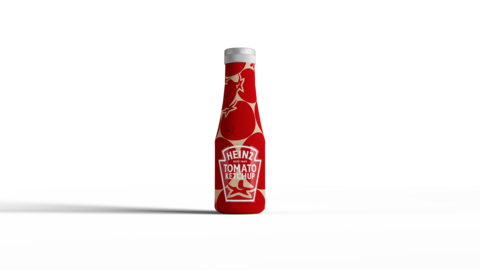(BRK.A), (BRK.B)
The Kraft Heinz Company has announced that it is actively exploring strategic transactions aimed at enhancing shareholder value. This initiative, led by the company’s Board of Directors and Executive Leadership Team, aligns with Kraft Heinz’s long-term goal of delivering high-quality, consumer-focused food products while driving sustainable growth.
“Our mission has always been to delight consumers with great-tasting food,” said CEO Carlos Abrams-Rivera. “In line with this commitment, we’ve been evaluating strategic opportunities to unlock greater value for our shareholders.”
In a significant governance update, Kraft Heinz revealed that Berkshire Hathaway, despite being a major shareholder, will no longer maintain seats on the company’s Board. As a result, Timothy Kenesey and Alicia Knapp, both affiliated with Berkshire Hathaway, have stepped down. The Board has now been reduced to 10 members.
Chairman Miguel Patricio expressed gratitude for their service: “We thank Tim and Alicia for their valuable contributions and look forward to continuing our strong relationship with Berkshire Hathaway.”
The company emphasized that the departures were not due to any disagreements with management or the Board. While Kraft Heinz continues to assess potential transactions, it noted that there is no guarantee of a deal or specific timeline for decisions.
© 2025 David Mazor
Disclosure: David Mazor is a freelance writer focusing on Berkshire Hathaway. The author is long in Berkshire Hathaway, and this article is not a recommendation on whether to buy or sell the stock. The information contained in this article should not be construed as personalized or individualized investment advice. Past performance is no guarantee of future results.
